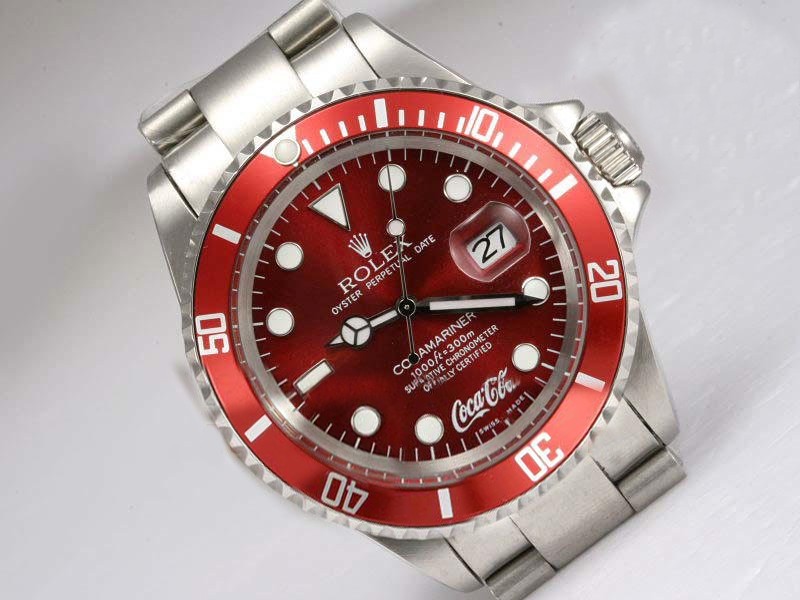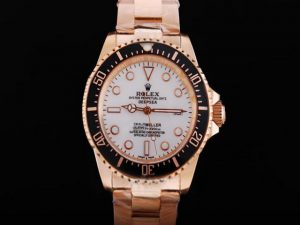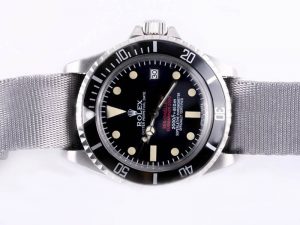
Every time when my friends and acquaintances ask me for watch-buying advice, I never feel tired of replying, you know I am fond of watch selections, even though it may be just a replica watch. 
However, something seemed to be changed: as watch auction prices have gone relentlessly up over the past few years (not to mention the retail prices of many brands), the two questions I’m most often asked are: “I’m hesitated between an X and a Y. Which one is going to hold its value better?” And: “I’d like to buy vintage and I can’t afford a Daytona or a Patek, so which other brands would make the best investment?”
Those two questions are essentially the same one in different clothes. But I have to answer you with words “Stop. You’re asking the wrong question.” Not because I don’t have a crystal ball (I don’t) but because I believe the whole approach is wrong – and a short road to disappointment.
Do you know the reason of purchasing the fine wristwatches? To tell the time, sure – and a flick of the wrist is more elegant and efficient than digging a phone out of our pocket. But that’s the least of it. We buy them because they are very nice, funny, technically intriguing, and an expression of personal style – like our cars, shoes, wallets or pens.
Do we choose those things based on their resale value? Well, cars – yes, to a degree. An Audi tends to lose a bit less than, say, a Chevrolet. But if you’re an Audi rather than a Chevy person it’s for many reasons besides resale, consisting of the greater pleasure of driving it.
Buy this to tell the time, not keep in a safe hoping it will make you rich 
Aurel Bacs – who is as responsible as anyone for the huge prices being achieved by some replica watches at auction – has this to say: “I buy proper handmade suits but I have never thought to ask the tailor how much I could get if I sold it. To me the profit is my daily pleasure of having enriched my life with something beautiful that has soul, quality, charm – and yes, it even serves a purpose. So why on earth does the watch business have to be measured by ‘How much will I make if I sell it in a year from now?’ – or even ‘Will I get my money back?'”
This is not to say that only an exceptionally rare (vintage or modern) watch has any potential for financial return on investment. But the watch market is not the stock market. Heck, it’s not even the real estate market. The potential for quickly ‘flipping’ at a profit is virtually non-existent.
Therefore, As long as you can afford the difference, the money is not a matter at all. And then enjoy the three or four decades of pleasure that you will have until the cheap watch (with luck) appreciates in value.